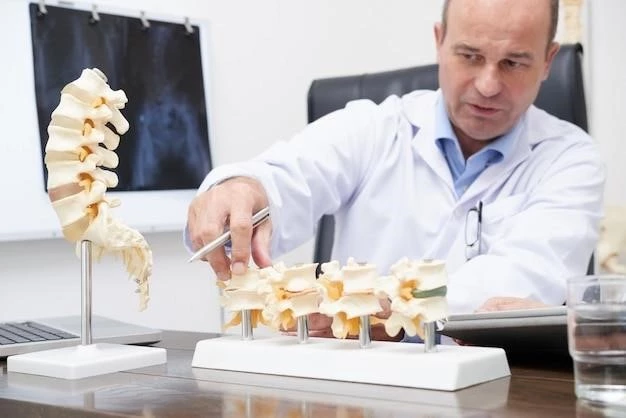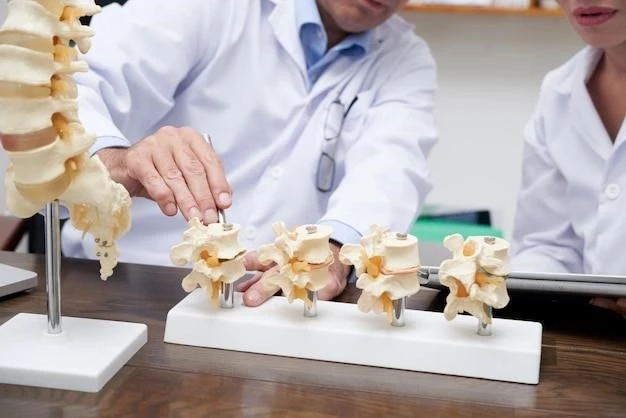Introduction
Short stature contractures hypotonia is a condition characterized by a short height, muscle hypotonia, and joint contractures. Learn more about the causes and management of this condition.
Short stature is a condition where an individual’s height falls below the 3rd percentile for their age٫ sex٫ and population group. It can result from various factors including hormonal٫ genetic٫ and developmental issues. Short stature contractures hypotonia may manifest as a combination of short height٫ muscle weakness٫ and joint stiffness.
Causes of Short Stature
Short stature can be caused by hormonal, genetic, and developmental issues. Conditions like achondroplasia and specific genetic disorders may contribute to short stature, muscle hypotonia, and joint contractures.
Definition of Short Stature
Short stature refers to a condition where an individual’s height falls below the 3rd percentile for their age, sex, and population group. It can be linked to various hormonal, genetic, and developmental factors, presenting as a combination of reduced height, muscle weakness (hypotonia), and joint stiffness (contractures).
Specific Conditions Associated with Short Stature
Short stature contractures hypotonia can be linked to various specific conditions like Hennekam Koss De Geest syndrome and Opitz-Kaveggia syndrome. These conditions present with a combination of short stature, muscle hypotonia, and joint contractures, among other symptoms.
Evaluation and Diagnosis
For individuals with short stature contractures hypotonia, accurate evaluation and diagnosis involve biochemical and radiological tests. Genetic consultation is essential to assess underlying factors.
Hormonal, Genetic, and Developmental Pathology
Short stature contractures hypotonia can result from various hormonal, genetic, and developmental issues. These factors can contribute to the manifestation of short height, muscle weakness (hypotonia), and joint stiffness (contractures) in affected individuals.
When dealing with short stature contractures hypotonia, seeking a genetic consultation is crucial for a thorough evaluation. This consultation should involve a detailed review of the patient’s medical history, growth patterns, family history, and physical examination, along with the consideration of radiological and genetic testing when necessary.

Impact of Hypotonia
Individuals with short stature contractures hypotonia may experience muscle tone abnormalities and clinical findings like muscle weakness, joint contractures, and related symptoms. Understanding the impact of hypotonia is crucial for effective management.
Genetic Consultation
When individuals present with short stature contractures hypotonia, a comprehensive genetic consultation is essential in determining underlying genetic factors. Through a thorough examination of medical history, growth patterns, familial history, and physical assessments, genetic specialists can provide valuable insights into the diagnosis and management of this condition.
Clinical Findings Related to Hypotonia
Individuals with short stature contractures hypotonia may exhibit clinical features like muscle weakness, joint contractures, respiratory issues, motor developmental delays, microcephaly, distal contractures, and various orthopedic manifestations. Understanding these clinical findings is essential for accurate diagnosis and targeted management of the condition.
SpEDS and other genetic disorders may be related to short stature contractures hypotonia. These conditions can present a combination of muscle weakness, joint hypermobility, and distinctive features that require specialized management.
Associated Syndromes
Individuals affected by short stature contractures hypotonia may have conditions like spEDS characterized by genetic connective tissue disorders leading to muscle weakness, joint hypermobility, and joint contractures. Understanding these associated syndromes is crucial for a comprehensive approach to care.
Genetic Disorders with Hypotonia and Contractures
Various genetic disorders are associated with symptoms of hypotonia (muscle weakness) and joint contractures in individuals with short stature. Conditions like ZC4H2 mutations, Down syndrome, and congenital muscular dystrophy can present with a combination of these clinical features, emphasizing the importance of accurate genetic diagnosis and tailored management strategies.
Treatment and Management
Managing short stature contractures hypotonia involves targeted interventions for muscle weakness and multidisciplinary approaches tailored to the individual’s needs. Effective treatments aim to address joint contractures, muscle tone abnormalities, and associated symptoms.
Interventions for Hypotonia
When dealing with individuals affected by short stature contractures hypotonia, targeted interventions for addressing muscle weakness are essential. These interventions may include physical therapy, occupational therapy, speech therapy, and adaptive equipment to improve muscle tone, mobility, and overall quality of life.
Multidisciplinary Approaches for Short Stature
Managing short stature contractures hypotonia requires a multidisciplinary approach involving healthcare providers from various specialties. Collaborative efforts from professionals such as pediatric endocrinologists, physical therapists, geneticists, and orthopedic specialists are essential to address the complex needs associated with this condition comprehensively.

Genetic Factors
Genetic syndromes such as Prader-Willi syndrome and Turner syndrome can lead to short stature. Identifying underlying genetic causes is crucial for appropriate diagnosis and management.
Genetic Syndromes Leading to Short Stature
Short stature can be linked to various genetic syndromes like Turner syndrome, Williams syndrome, Silver-Russell syndrome, velocardiofacial syndrome, and Noonan syndrome. These conditions often involve specific genetic mutations contributing to growth disorders. Understanding the genetic factors behind short stature is essential for accurate diagnosis and tailored management strategies.
Genetic Causes of Short Stature
Short stature contractures hypotonia can result from various genetic causes such as Turner syndrome, Williams syndrome, Silver-Russell syndrome, velocardiofacial syndrome, and Noonan syndrome. Understanding the underlying genetic factors contributing to short stature is crucial for targeted diagnosis and treatment management.
